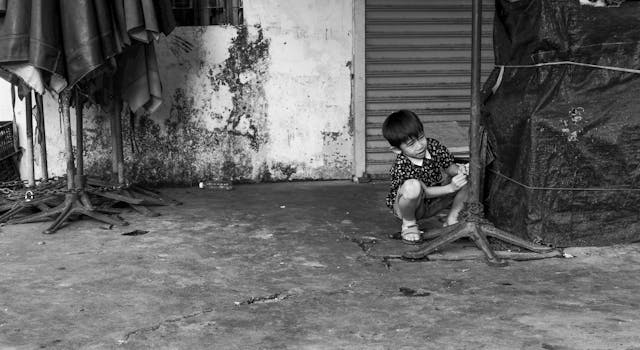Retro Rituals: Lucky Charms, Routines, and Taboos
In the vast expanse of cultural traditions and beliefs, retro rituals involving lucky charms, routines, and taboos hold a fascinating place. These practices, steeped in history and often passed down through generations, offer a glimpse into the human desire to influence fortune and ward off bad luck. In this article, we delve into the intriguing world of these rituals, exploring their origins, how they are practiced, and their impact on modern-day life.
Understanding Retro Rituals
Retro rituals can be broadly categorized into three types: lucky charms, routines, and taboos. Lucky charms are objects believed to bring good luck and protect against misfortune. Routines involve actions or sequences of actions thought to influence outcomes positively. Taboos, on the other hand, are prohibitions against certain actions to avoid attracting bad luck or negative consequences.
Lucky Charms: Symbols of Fortune and Protection
Across different cultures, lucky charms vary but often include items like rabbit's feet, four-leaf clovers, horseshoes, and amulets. These objects are credited with the power to bring good luck, health, wealth, and protection. People often carry these charms or place them in their homes and workplaces.
Advantages and Disadvantages of Using Lucky Charms
The primary advantage of using lucky charms is the psychological comfort they provide. Believers may feel more confident and less anxious when they have their charms with them. However, reliance on lucky charms can also lead to superstition and may deter individuals from taking proactive measures in life, relying instead on the perceived powers of these objects.
Routines: Actions for Good Fortune
Routines are another form of retro ritual. These might include practices such as knocking on wood, throwing salt over one’s shoulder, or carrying out specific rituals before an important event. These actions are believed to either bring good luck or prevent a negative outcome.
Efficacy and Limitations of Routines
The advantage of routines lies in their ability to instill a sense of control and preparedness in individuals. However, overdependence on these rituals can become compulsive and interfere with daily life, potentially leading to anxiety if the routines are not performed.
Taboos: Avoiding the Unlucky
Taboos are the prohibitions or avoidance behaviors that are supposed to protect individuals from bad luck. Examples include not walking under ladders, avoiding the number 13, or refraining from opening umbrellas indoors. These practices are intended to prevent negative consequences believed to be associated with these actions.
Impact and Challenges of Adhering to Taboos
While taboos can serve to guide behavior in a positive direction, they can also promote fear and anxiety about seemingly innocuous actions. In extreme cases, they may lead to irrational fears and avoidance behaviors that can limit personal freedom and experiences.
Practical Examples in Daily Life
Many people still adhere to these rituals in everyday life. For instance, athletes might wear a specific item for good luck during games, or business professionals might follow a particular morning routine on the day of a big presentation. These practices, whether effective or not, provide comfort and a sense of continuity.
Conclusion: Balancing Belief with Reality
While retro rituals like lucky charms, routines, and taboos can add a fascinating layer of tradition and belief to our lives, it is essential to balance these practices with a realistic approach to daily challenges. They should enhance life rather than restrict it. Whether you choose to adopt these practices or simply appreciate them as cultural artifacts, recognizing their role in human history and psychology can provide valuable insights into our world and ourselves.
As we navigate through the complexities of modern life, understanding the origins and effects of these retro rituals can empower us to choose our paths wisely and perhaps even create new rituals that will one day be passed down through generations.

.png)



